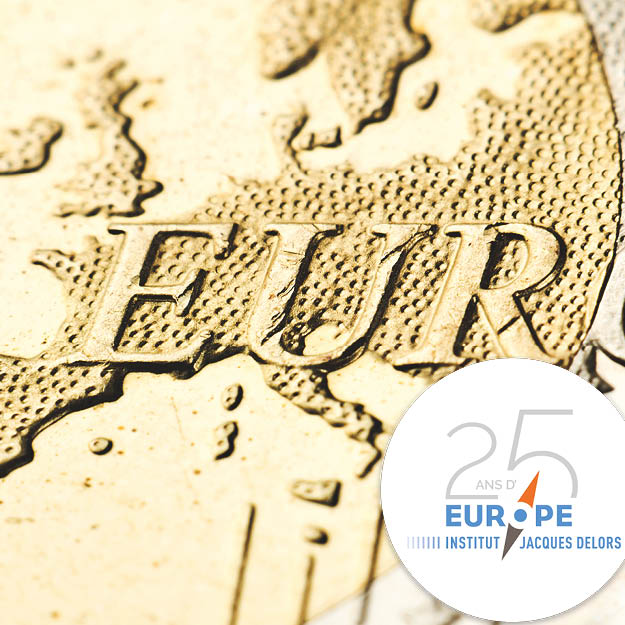L’euro vu par les citoyens qui ne l’ont pas encore

Parmi les vingt-sept pays de l’Union européenne, dix-neuf ont adopté l’euro. Sept autres doivent en principe le faire – c’est une obligation découlant de l’adhésion à l’UE d’un Etat membre, dès lors qu’il satisfait aux critères définis dans le traité de Maastricht. Seul cas d’exception, le Danemark qui, à l’instar du Royaume Uni à l’époque, a obtenu une exemption (opt-out) dans les dispositions de ce traité.
La Commission européenne pose régulièrement dans ses enquêtes Eurobaromètre Standard une question sur le soutien à « une union économique et monétaire européenne avec une seule monnaie, l’euro ». Elle a en outre récemment fait procéder à une enquête Eurobaromètre Flash, qui donne un éclairage plus complet sur les sept pays appelés à rejoindre la zone euro à l’avenir, et dont nous rendons compte ici des principaux résultats.




